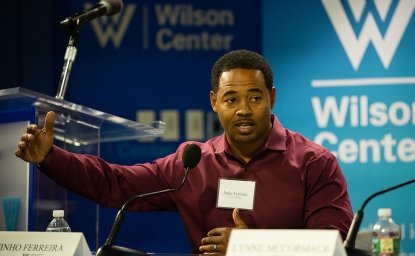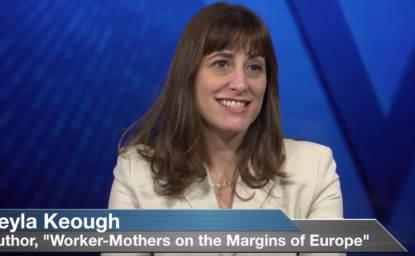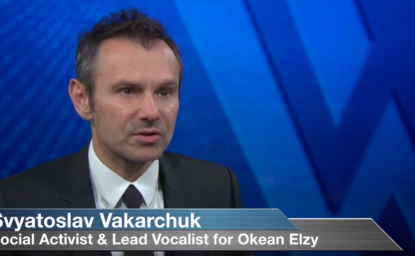Describing the career of James Angleton, former CIA Director Richard Helms said, "In his day, Jim was recognized as the dominant counterintelligence figure in the non-communist world." Angleton served as chief of the CIA's counterintelligence staff from 1954 to 1975, and during that tenure earned the trust of six directors including Helms, Walter Bedell Smith, and Allen Dulles. He became associated with "mole hunts" and conspiracy theories and over time the term, "Angletonian," became an adjective used to describe something conspiratorial, paranoid, or simply bizarre. To learn more about this sometimes controversial but always facinating figure and his influence on counterintelligence, we spoke with one of the leading experts on the world of intelligence, University of Cambridge professor, Christopher Andrew.
Christopher Andrew is Professor of Modern and Contemporary History and former Chairman of the History Faculty at Cambridge University. He is Official Historian of the Security Service (MI5), Honorary Air Commodore of 7006 (VR) Intelligence Squadron in the Royal Auxiliary Air Force, Chair of the Cambridge Intelligence Seminar, and former Visiting Professor at Harvard, Toronto and Canberra. Professor Andrew is also co-editor of Intelligence and National Security, and a regular presenter for BBC Radio and TV documentaries. His books include a number of studies on the use and abuse of secret intelligence in modern history. He is currently a governor of Norwich School, and has recently retired from his post as President of Corpus Christi College, Cambridge.







